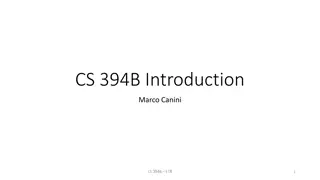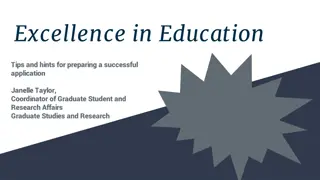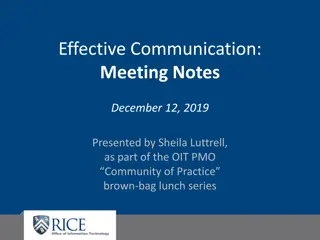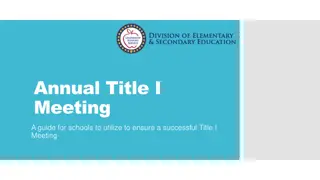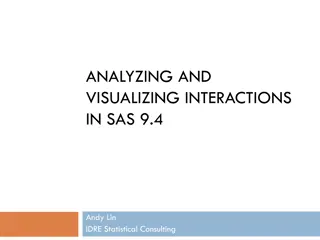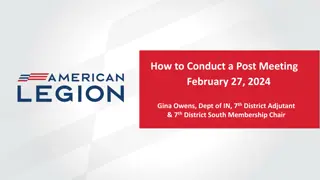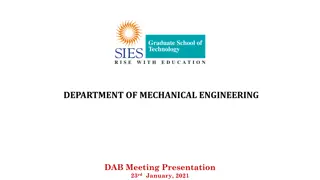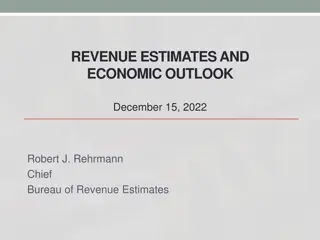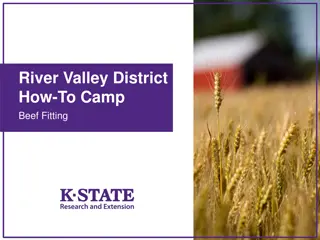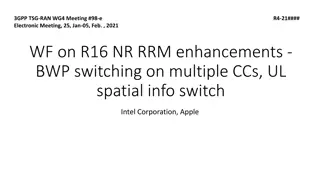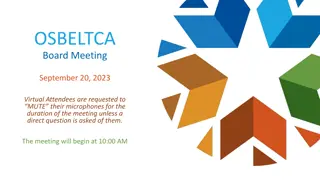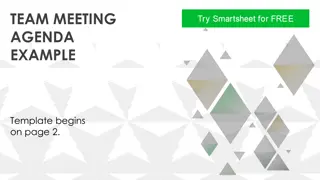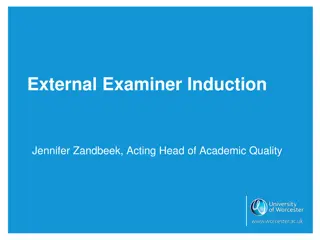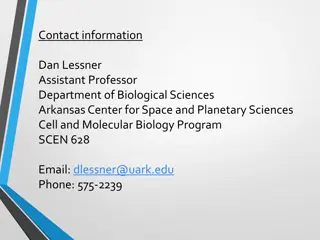Efficient Moderating Tips for a Successful Meeting
Before the meeting, review abstracts, prepare questions, meet with the co-moderator, and remind speakers about time limits. During the session, oversee Q&A, address conflicts of interest, and manage audience questions effectively. This comprehensive guide covers various aspects of moderating to ensure a smooth and successful meeting.
Download Presentation

Please find below an Image/Link to download the presentation.
The content on the website is provided AS IS for your information and personal use only. It may not be sold, licensed, or shared on other websites without obtaining consent from the author. Download presentation by click this link. If you encounter any issues during the download, it is possible that the publisher has removed the file from their server.
E N D
Presentation Transcript
Before the Meeting Read/review abstracts in session Prepare 2 questions per paper in case no questions are asked from the floor
Before meeting or upon arrival Meet with Co-moderator to review prepared questions and how moderating will be shared At the beginning of the Session Introduce yourself to the speakers
Before the Session Remind speakers to keep to their time and follow the speaker lights on the podium
Before the Session Tell speakers to advance slides using the keyboard or the remote
Remind presenters to give a verbal disclosure at the beginning of talk (referencing the slide prepared) with all authors disclosures.
At the Start of the Session Introduce yourself and the Co-moderator (This can be determined with a discussion with your co-moderator.)
At the Start of the Session Tell attendees to mute their cell phone and all electronic devices
At the Start of the Session: Announce to attendees that PHOTOGRAPHY IS NOT ALLOWED in the meeting rooms, poster and exhibit hall, including cameras, video camera, and cell phones
During the Session Oversee Questions and Answers after each talk Identify and address Conflict of Interest Address Commercial Bias
During the Session Floor mics will be numbered to allow you to go from one questioner to the other
Oversee Q&A after each talk Ask questioners to state their name and affiliation Scan the floor mics for questions from the audience before including questions from moderator
Oversee Q&A after each talk When a long line of questioners forms, Moderator should say Please state your name, affiliation, and keep questions short, to allow everyone to ask their questions. Help translate questions from the audience for any speakers for whom English is not their first language.
Moderators are responsible for keeping the presentations balanced Moderators should stop any unprofessional line of discussion. For example, if the discussion becomes personal in nature or if someone is clearly trying to promote a product it would be appropriate for the moderator to kindly interrupt the discussion and ask that the speaker and questioner continue the conversation after the session.
Identify and address Conflict of Interest that may arise during the talk that was not disclosed at the beginning of the talk. At the end of the talk, the moderator should ask, you used a product from Company X that was not disclosed, was this study sponsored by Company-X?
If commercial bias is evident from the content of the presentation, the moderator should re-iterate any documented conflict of interest listed on the abstract or disclosed on the Disclosure Index on the ORS website If the speaker uses the commercial name of a drug, product or device, rather than the generic name, at the end of the presentation, the moderator should ask if other versions of that product or drug are available and appropriate for the application discussed.
Problem with speaker files Speakers should check their files in the A/V Ready Room prior to session. Problem secondary to equipment failure If less than 30 sec, show all slides; if longer, reduce question time or jump ahead.
Problem with timer on podium Use mobile phone or watch. Time speaker questioning period yourself Use mobile phone or watch.
Speaker no show DO NOT skip to the next speaker. Attendees are moving from room to room to listen to speakers based on their time listed in the Program Book. Please mention time that the next talk will begin. Allow additional questions to earlier speakers.
Speaker runs over time Give 30 seconds for speaker to finish; after that stand next to speaker and say Time is up, Please summarize in 20 seconds . Subtract extra time from questioning period.
Speaker is difficult to understand Moderator may give 30 sec synopsis of abstract.
No questions Have 2 questions ready for each abstract in session. Speaker does not understand question Ask questioner to simplify question; spend less than 1 minute trying to resolve/ interpret. If unresolved ask speaker and questioner to meet after session.
Questioner who delivers a lecture or details their own work Step in & ask Is there a question you have for speaker . If questioner continues lecture, ask discussion to be continued after session.
Thank you for taking time to view the ORS Moderator Training PowerPoint. Questions? Please contact Matt Zuleg by email at orsabstracts@ors.org, Or by phone at 847-823-5770. Mandatory Step: Please follow the link in the email, or at: https://ors.memberclicks.net/2020moderator#/ to enter your name and today s date to sign off on review of the training.



